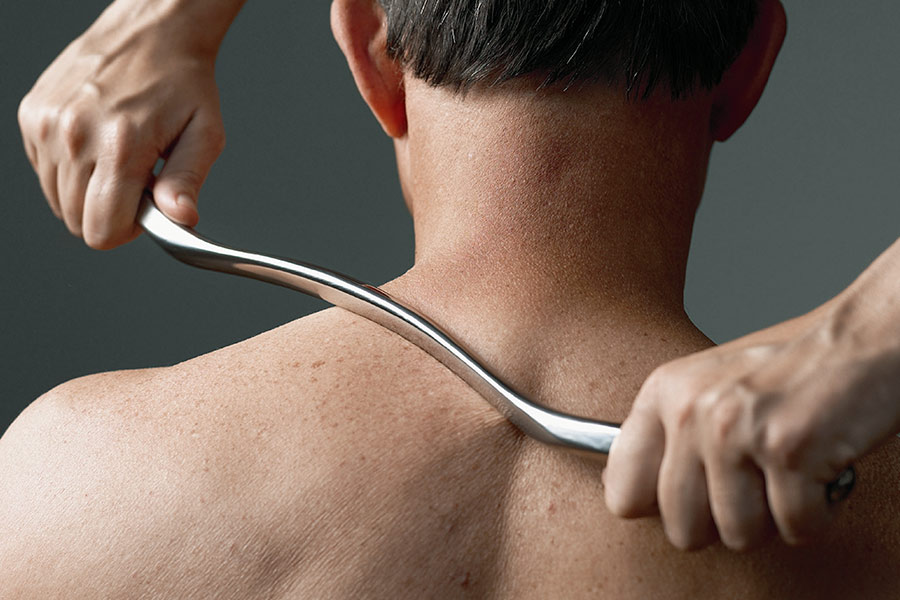Shoulder pain is a common issue that can significantly impact daily life, hindering simple tasks like reaching for objects or lifting weights. Fortunately, physiotherapy offers effective solutions for managing and treating shoulder pain. In this guide, we’ll explore how physiotherapy can help alleviate shoulder pain and restore function.
Understanding Shoulder Pain:
Shoulder pain can be categorized into acute and chronic types. Acute pain typically arises suddenly due to specific events like injuries or surgeries, while chronic pain persists for longer durations, often beyond six months, even after the initial cause has healed. Understanding the nature of shoulder pain is crucial for effective treatment.
How Physiotherapy Helps:
Physiotherapy plays a pivotal role in treating shoulder pain by addressing its underlying causes and restoring optimal function. Unlike medications or surgery, physiotherapy offers a holistic approach tailored to each individual’s needs, focusing on long-term pain relief and improved mobility.
Clinical Treatments for Shoulder Pain:
Physiotherapists employ various clinical treatments to alleviate shoulder pain and promote healing. These may include stabilizing methods, ultrasound therapy, electrotherapy, and ice/heat application. These treatments help reduce inflammation, relieve pain, and improve shoulder stability.
Rehabilitation Exercises and Techniques:
Rehabilitation exercises are a cornerstone of physiotherapy for shoulder pain. These exercises aim to strengthen and stabilize the shoulder joint, improve range of motion, and prevent future injuries. Physiotherapists may recommend assisted stretches, soft tissue manipulation, and mobility exercises tailored to each patient’s needs.
Addressing Specific Issues:
Shoulder pain often presents with specific signs and symptoms such as stiffness, weakness, and limited range of motion. Physiotherapy targets these issues by addressing underlying muscle imbalances, incorrect scapular engagement, and other contributing factors. By addressing these issues, physiotherapy helps restore optimal shoulder function.
The Role of Holistic Treatment:
Physiotherapy takes a holistic approach to shoulder pain management, considering individual goals and lifestyle factors. Whether it’s pre-rehabilitative or rehabilitative treatments, physiotherapy focuses on strengthening the joint and improving overall functional status. By addressing the root causes of shoulder pain, physiotherapy promotes long-term relief and improved quality of life.
Takeaway
Shoulder pain can be debilitating, but physiotherapy offers effective solutions for managing and treating it. By understanding the nature of shoulder pain and seeking professional help, individuals can regain pain-free movement and restore function. If you’re experiencing shoulder pain, don’t hesitate to consult a physiotherapist and embark on the journey to recovery.











